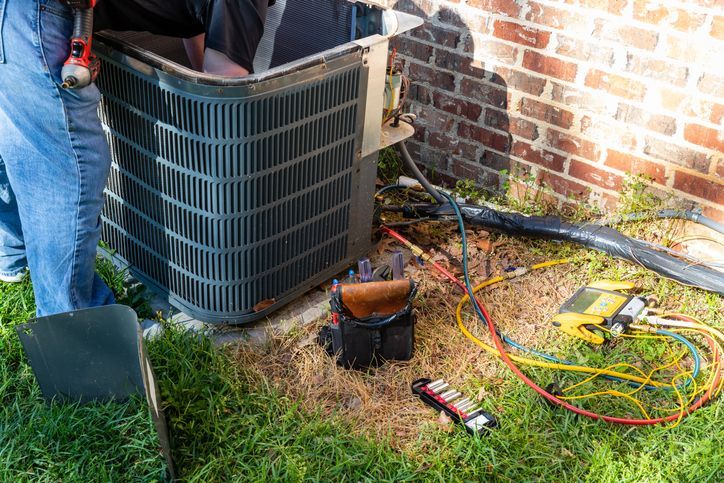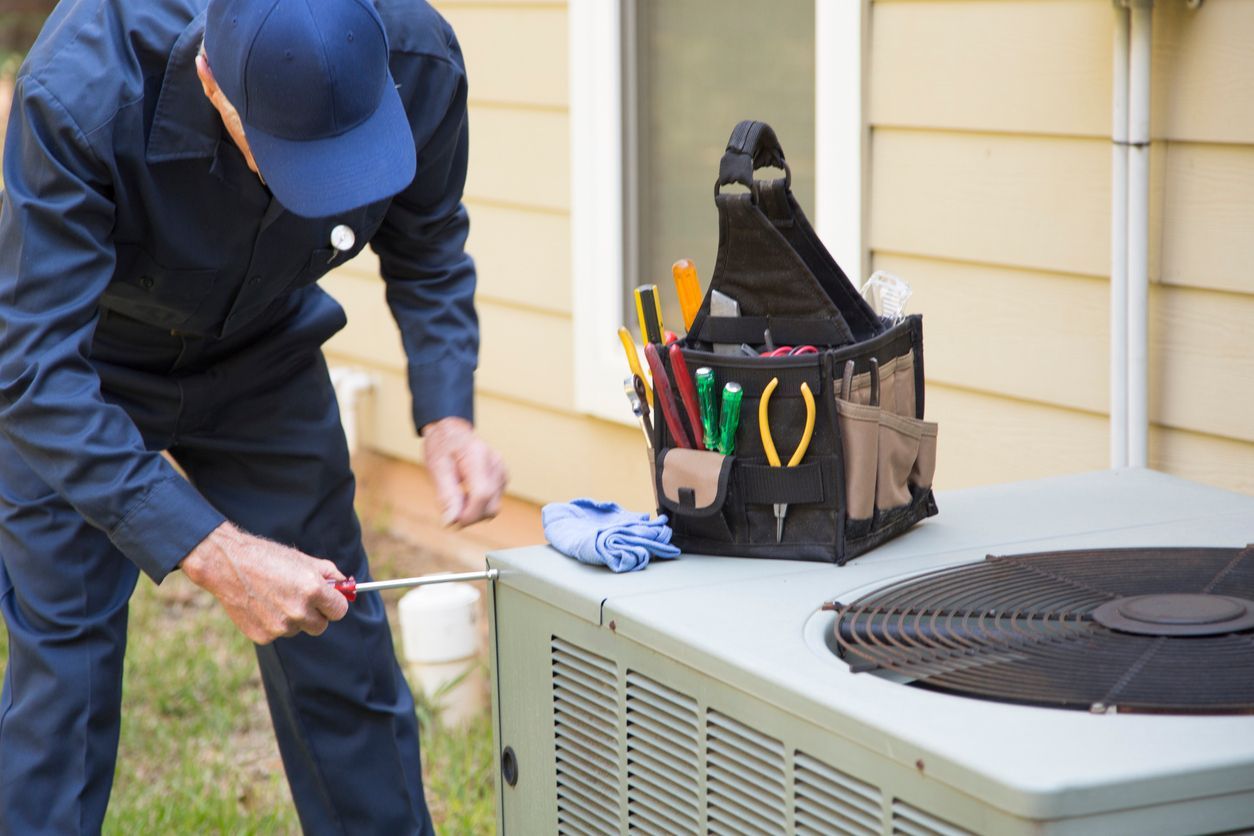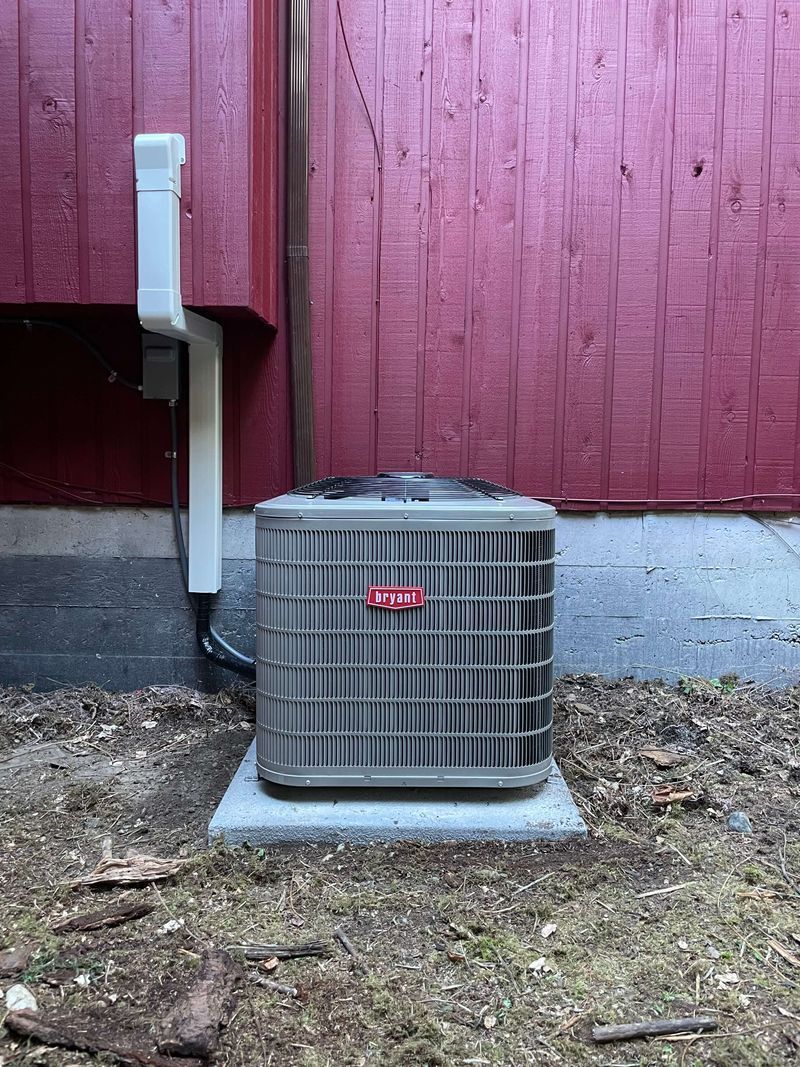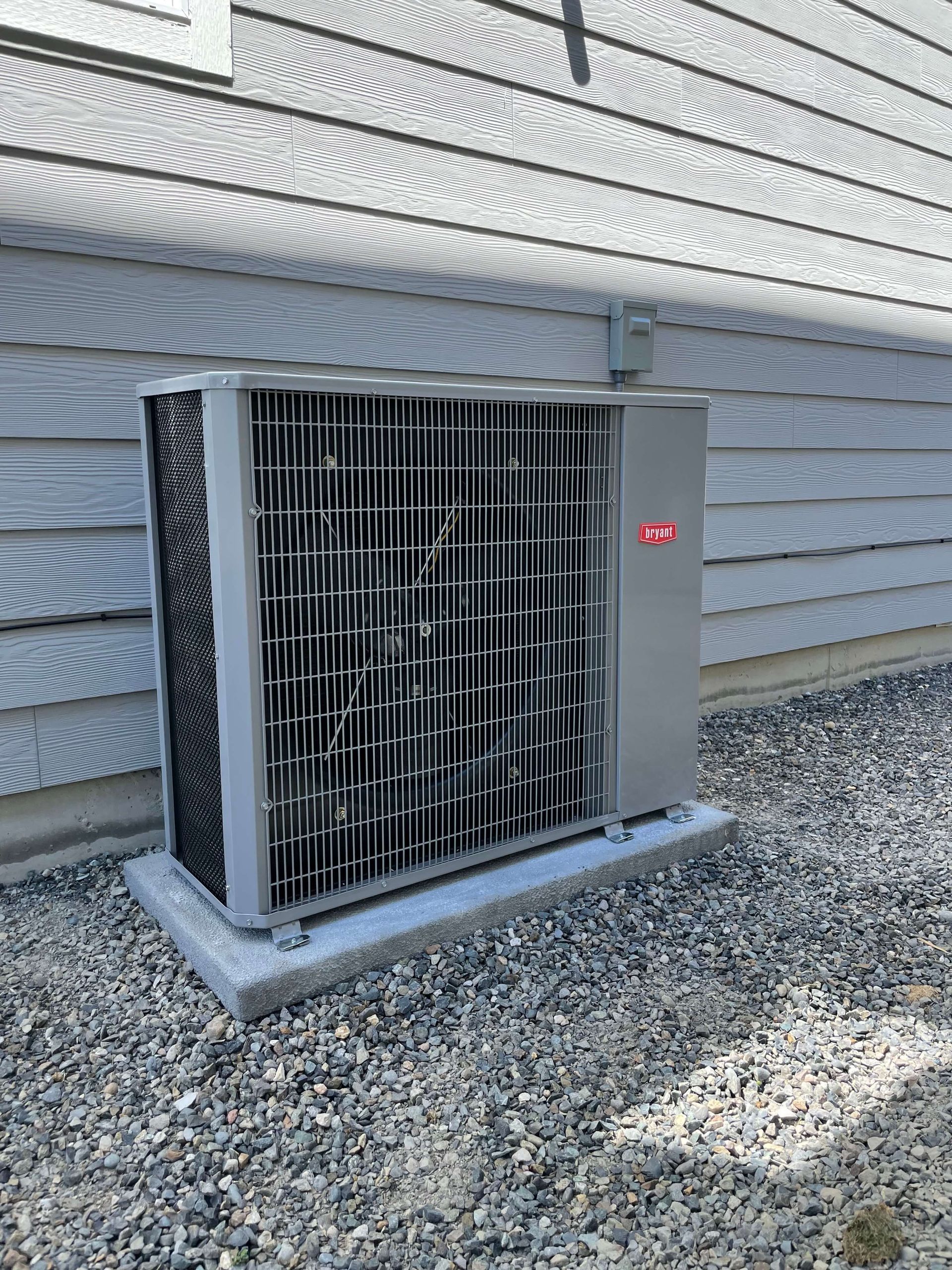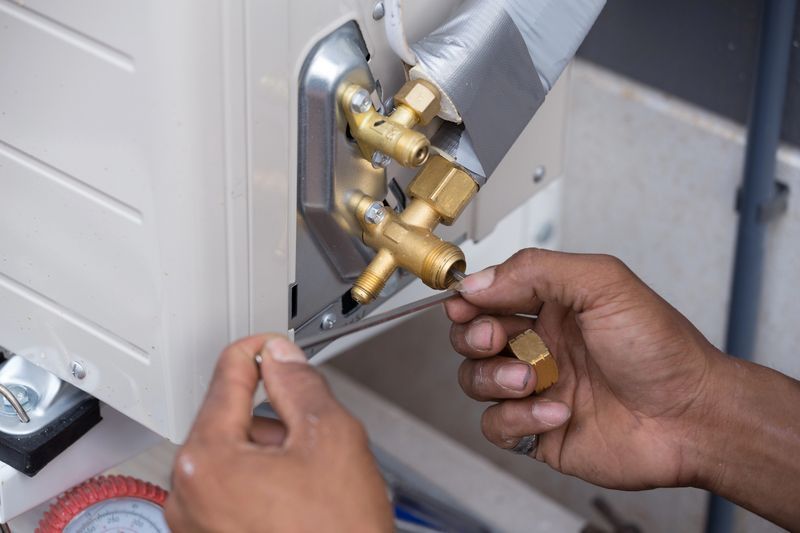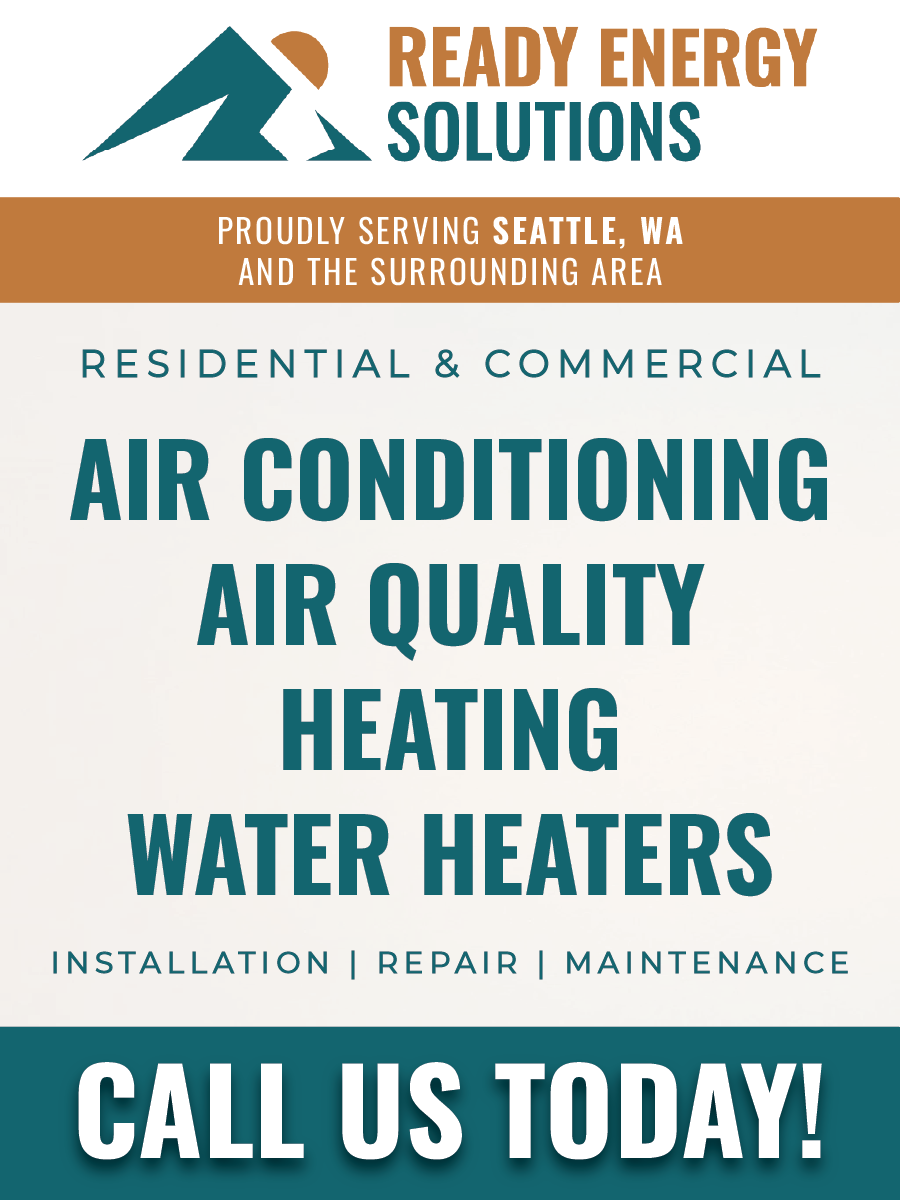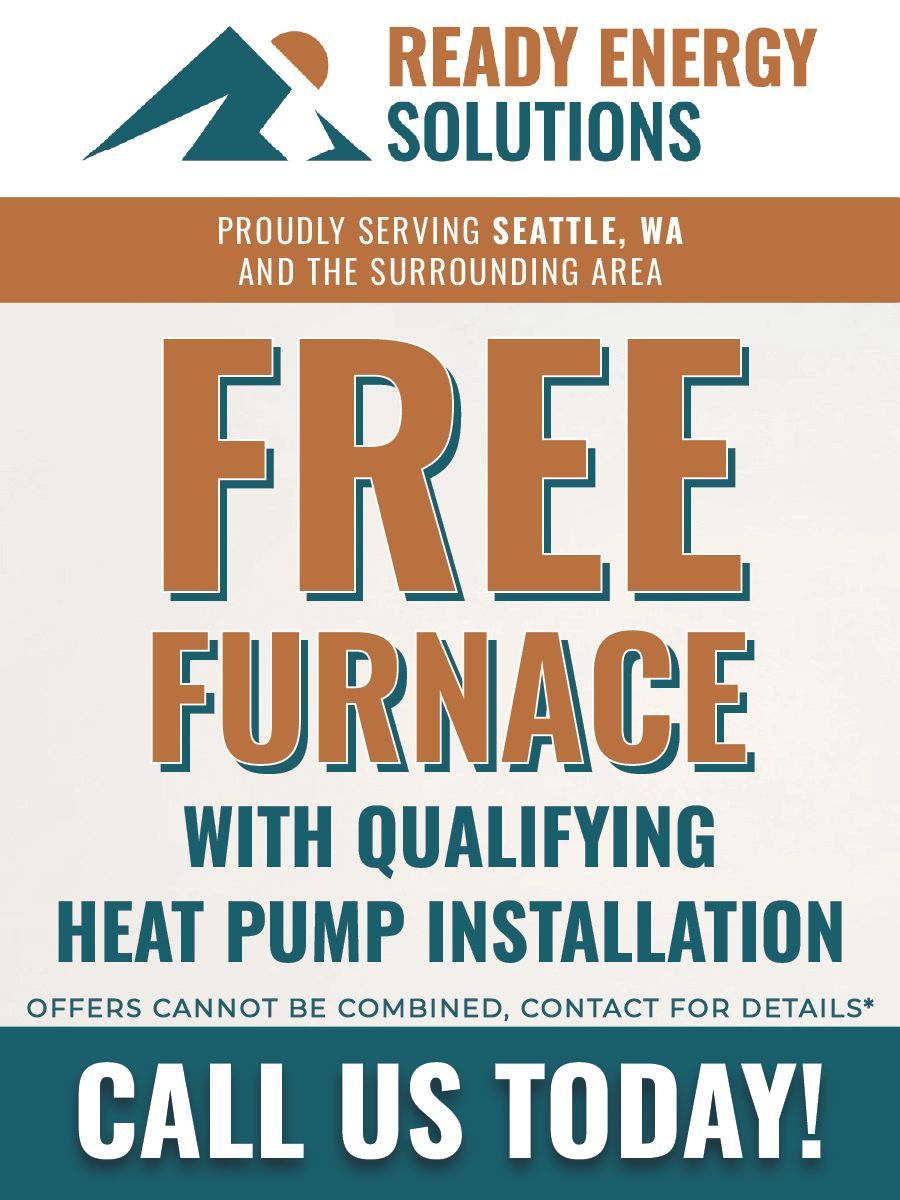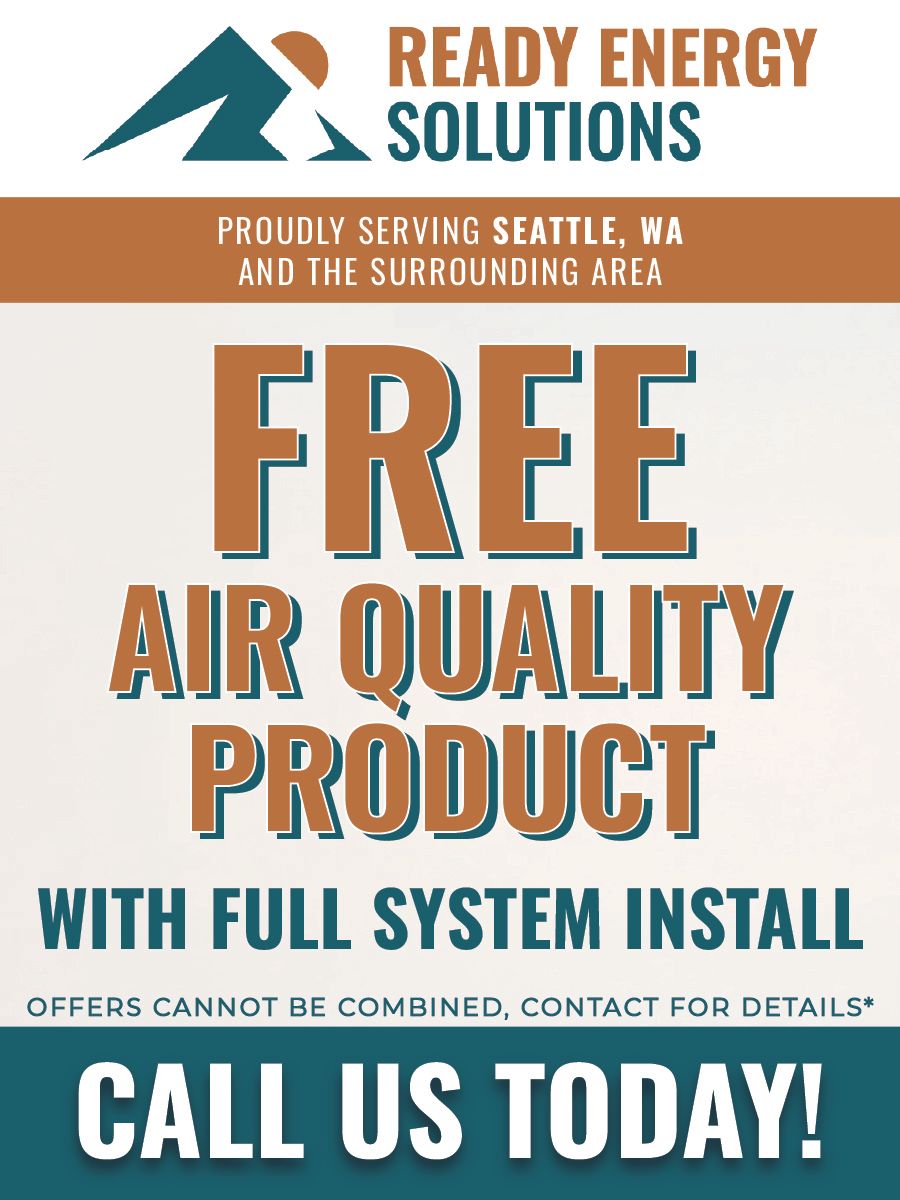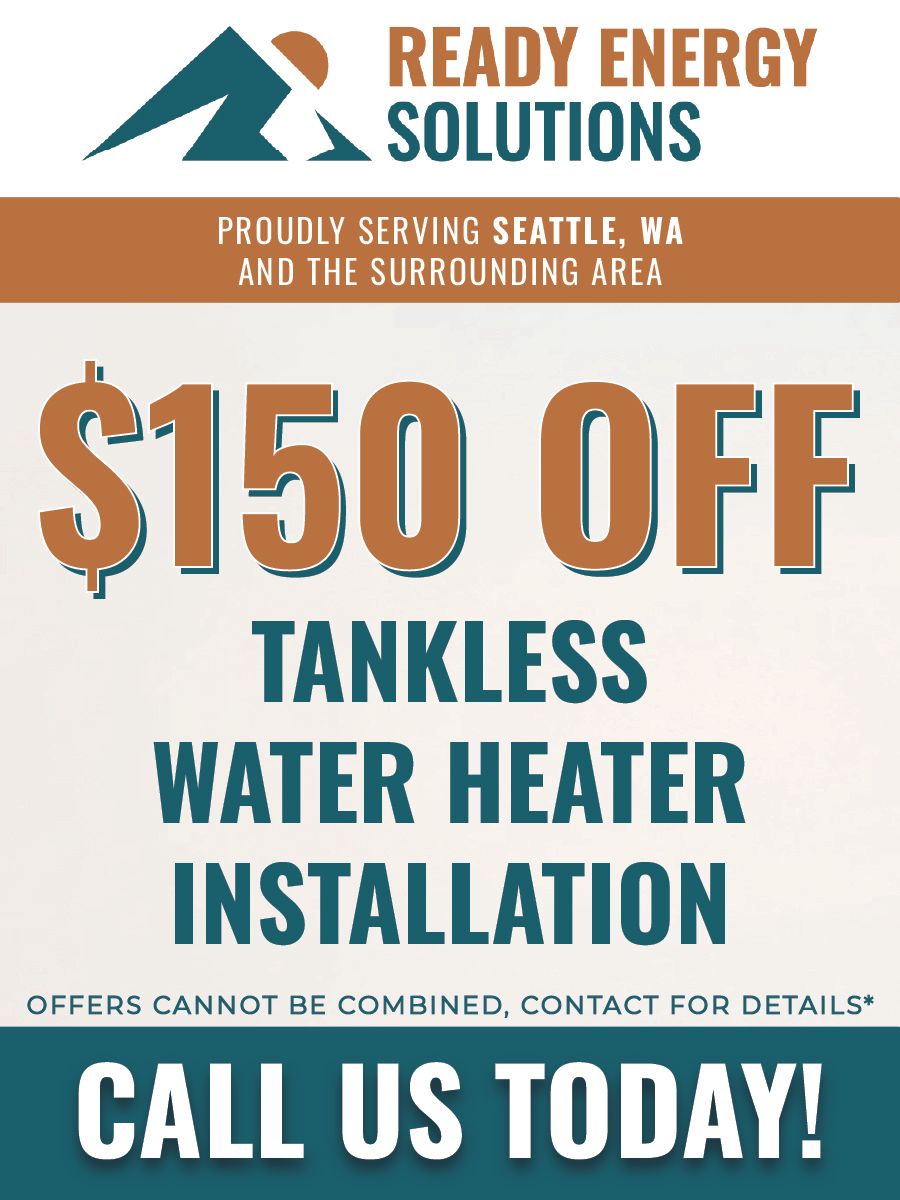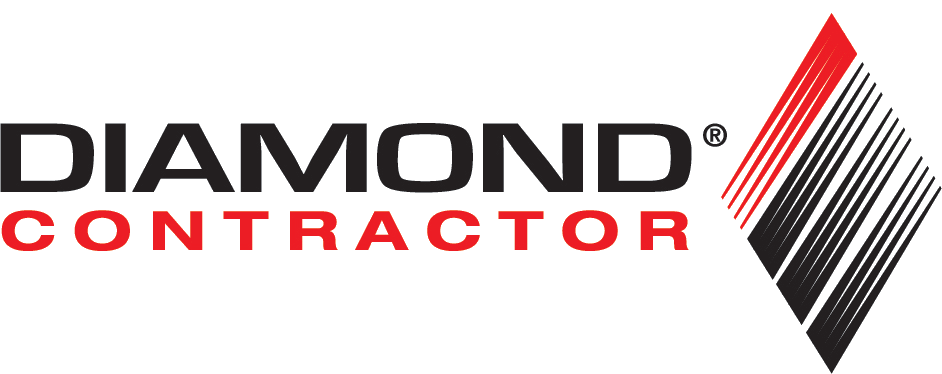Top Benefits of Upgrading to an Energy-Efficient HVAC System
Since HVAC systems work continuously to maintain comfortable indoor temperatures, control humidity levels, and ensure good air quality, they require a substantial amount of power. Globally, HVAC consumption represents about 12% of final energy use.
As consumers, we have the responsibility to bring those numbers down both for the good of the planet and for our finances. Reducing energy consumption in HVAC systems can lead to significant cost savings and a smaller environmental footprint.
Learn the top benefits of upgrading to energy-efficient HVAC systems in Seattle and find out why making this investment is financially and environmentally wise.

How Do Energy-Efficient HVAC Systems Work?
Energy-efficient HVAC systems leverage advanced technology to minimize energy consumption while maintaining optimal comfort levels. They use variable-speed motors that adjust the airflow based on the heating or cooling demand, ensuring the system operates only at the necessary capacity.
Modern thermostats, often programmable or smart, also enable precise control over the temperature. They allow users to set schedules and adjust settings remotely, avoiding unnecessary energy use.
Additionally, energy-efficient HVAC systems often incorporate advanced heat exchangers and improved insulation, which enhance their ability to transfer heat with minimal loss. Enhanced filtration systems improve indoor air quality and reduce the strain on the system, leading to lower energy usage.
Reasons to Choose Energy-Efficient HVAC Systems
Cost Savings
One of the most compelling reasons to upgrade to an energy-efficient HVAC system is the potential for substantial cost savings.
According to the U.S. Department of Energy, heating and cooling account for 43% of a typical home’s utility expenses. By upgrading to more efficient HVAC systems and ensuring proper insulation and air sealing, you can slash your energy usage by 20% to 50%.
For instance, if your average monthly utility bill is $200, these savings could amount to between $480 and $960 every year.
Fewer Maintenance and Repair Costs
Energy-efficient HVAC systems often come with advanced features that reduce wear and tear, leading to fewer breakdowns and lower maintenance expenses. They are designed for durability and reliability, meaning they require less frequent repairs and servicing.
Many energy-efficient models also come with extended warranties, providing added financial protection against unexpected repair costs.
Over time, the reduced need for maintenance and repairs can result in significant savings, making energy-efficient HVAC systems a cost-effective choice for homeowners looking to minimize long-term expenses while maintaining optimal home comfort.
Environmental Impact
Upgrading to an energy-efficient HVAC system is not only beneficial for your wallet but also for the planet.
Energy-efficient systems produce fewer greenhouse gases, significantly lowering your carbon footprint. This reduction is crucial in the fight against climate change, as HVAC systems are a major source of residential carbon emissions.
By using less energy to achieve the same or better results, energy-efficient HVAC systems contribute to energy conservation, resulting in less reliance on fossil fuels and a move toward more sustainable energy sources.
Investing in energy-efficient HVAC systems aligns with broader environmental sustainability efforts. It’s a proactive step that shows your commitment to reducing environmental impact and supporting global sustainability goals.
Improved Indoor Air Quality
Energy-efficient HVAC systems significantly enhance indoor air quality, creating a healthier and more comfortable living environment. They are equipped with advanced filtration technologies that effectively remove dust, pollen, and other airborne pollutants from the air.
High-efficiency particulate air (HEPA) filters and other advanced filtration methods capture even the smallest particles, reducing allergens and improving air quality.
Moreover, energy-efficient HVAC systems maintain consistent temperature and humidity levels, preventing the conditions that promote mold and mildew growth. Proper humidity control lets homeowners maintain a healthy indoor environment, as excessive moisture can lead to various health issues and structural damage.
Many modern energy-efficient HVAC systems also incorporate ventilation features that ensure a steady flow of fresh air into the home, reducing the concentration of indoor pollutants and improving air circulation.
Enhanced Comfort and Performance
Finally, energy-efficient HVAC systems provide superior comfort and performance and create a more pleasant living environment.
Many new HVAC units utilize advanced technologies to deliver consistent and precise temperature control, eliminating hot and cold spots throughout your home. Variable-speed motors adjust the airflow and heating or cooling output based on real-time needs to maintain optimal comfort levels efficiently.
Energy-efficient HVAC systems also tend to operate more quietly compared to older models. The reduced noise levels enhance your home’s tranquility, allowing you to enjoy a peaceful environment without the constant hum of traditional HVAC systems.
Overall, energy-efficient HVAC systems provide consistent and reliable temperature control while improving the comfort and performance of your home.
How to Maintain an Energy-Efficient HVAC System
Proper maintenance ensures your energy-efficient HVAC system operates at peak performance. Here are some key steps to maintain your system:
- Regular Filter Replacement: Replace or clean filters every 1-3 months. Clean filters allow for better airflow, reducing the strain on your system and improving indoor air quality.
- Annual Professional Inspections: Schedule annual check-ups with a qualified HVAC technician. These inspections can identify and address potential issues before they become major problems, ensuring your system runs efficiently.
- Clean Coils and Components: Keep the evaporator and condenser coils clean. Dirty coils reduce the system’s ability to cool or heat, leading to increased energy consumption. Regular cleaning ensures optimal heat exchange.
- Check and Seal Ductwork: Inspect ductwork for leaks or damage. Sealing leaks prevents conditioned air from escaping, which improves system efficiency and reduces energy waste.
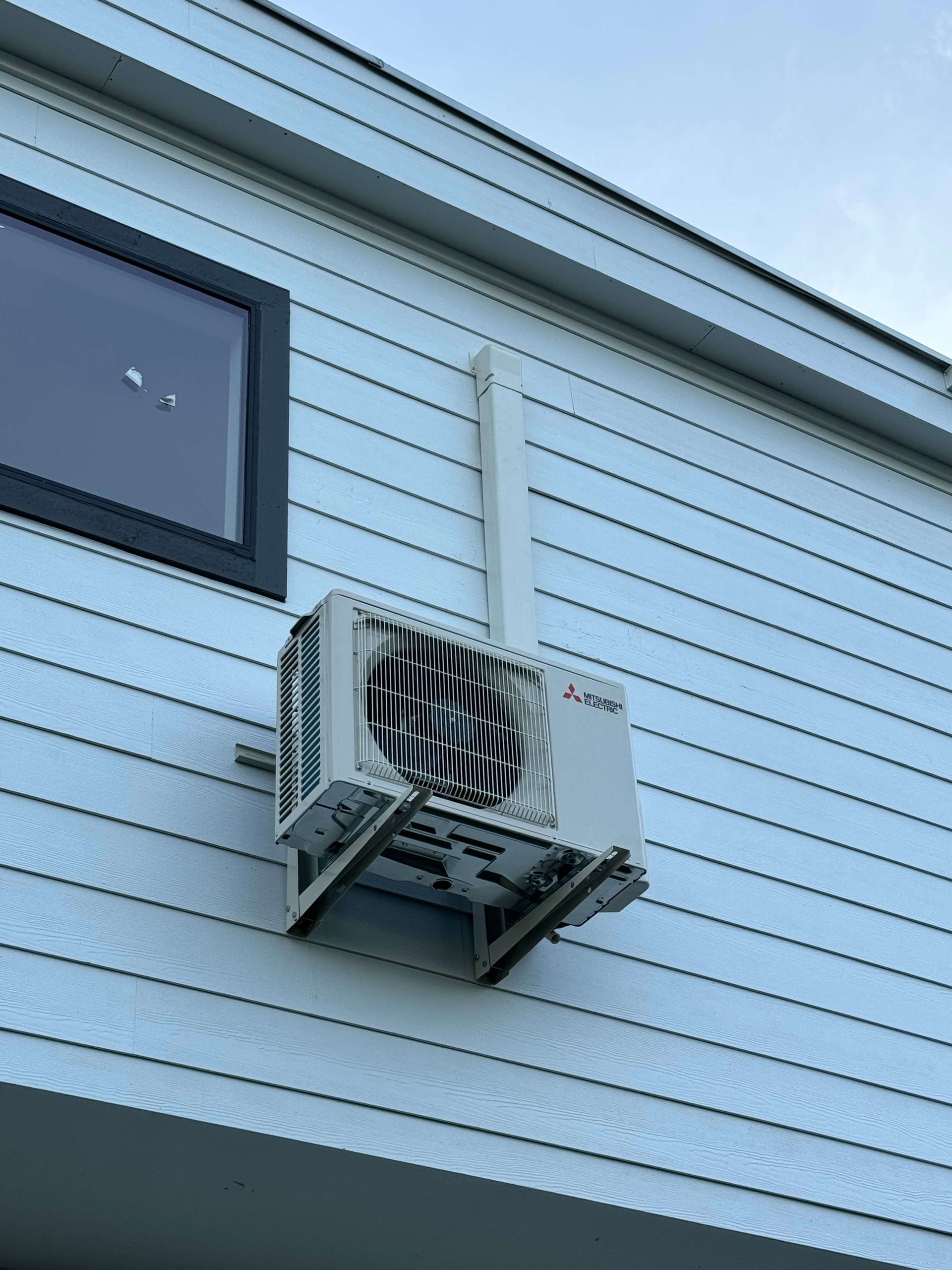
- Thermostat Calibration: An inaccurate thermostat can cause your system to work harder than necessary, increasing energy usage. Regular calibration ensures accurate temperature control.
- Clear Surrounding Area: Keep the area around your outdoor unit free of debris, vegetation, and obstructions. Proper airflow around the unit is vital for efficient operation.
- Monitor System Performance: Pay attention to any unusual noises, reduced airflow, or changes in performance. Addressing these issues as soon as possible can prevent minor problems from escalating.
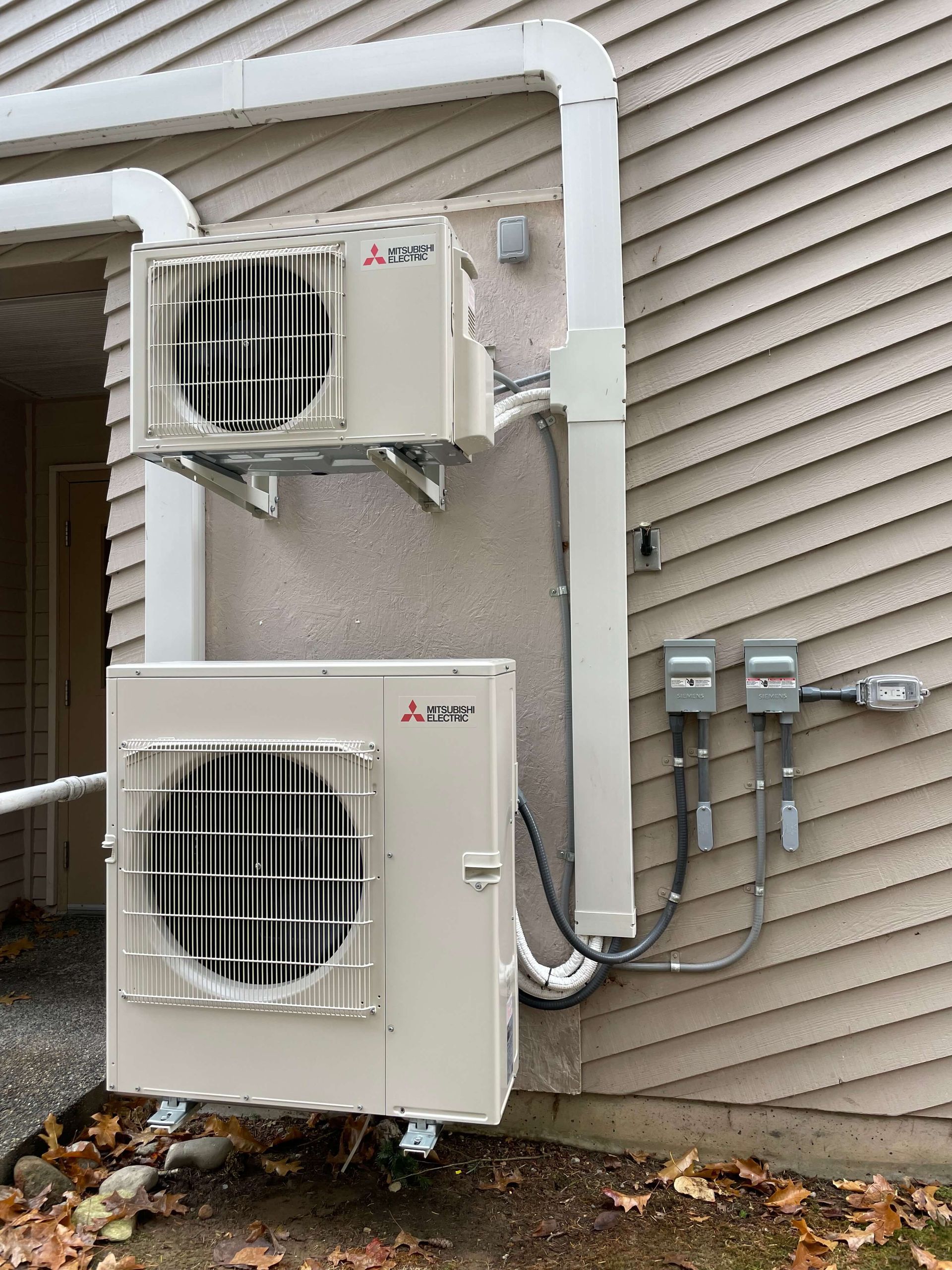
Looking for Energy-efficient HVAC Systems in Seattle?
For reliable solutions to your cooling and heating needs, contact Ready Energy Solutions. Our local experts specialize in commercial HVAC services and are certified dealers of top brands like Mitsubishi, American Standard, Rinnai, and Bosch.
As a Mitsubishi Diamond Contractor, our installations come with an exceptional 12-year warranty, providing you with superior coverage compared to the standard 10-year warranty offered by non-certified contractors.
Connect with our team and experience professionalism and customer satisfaction like never before.

